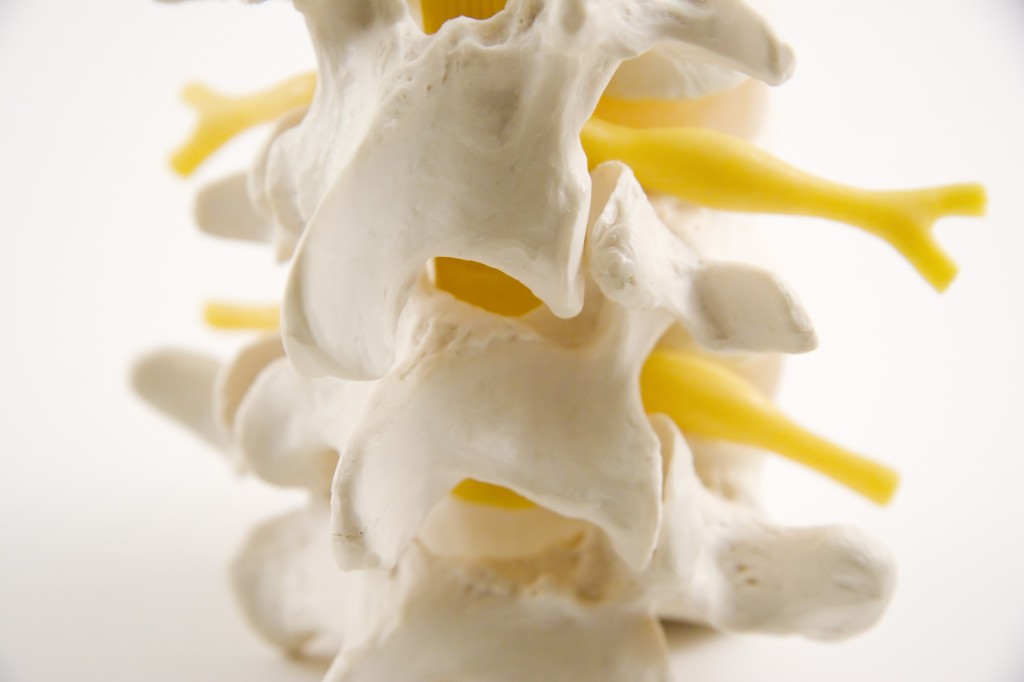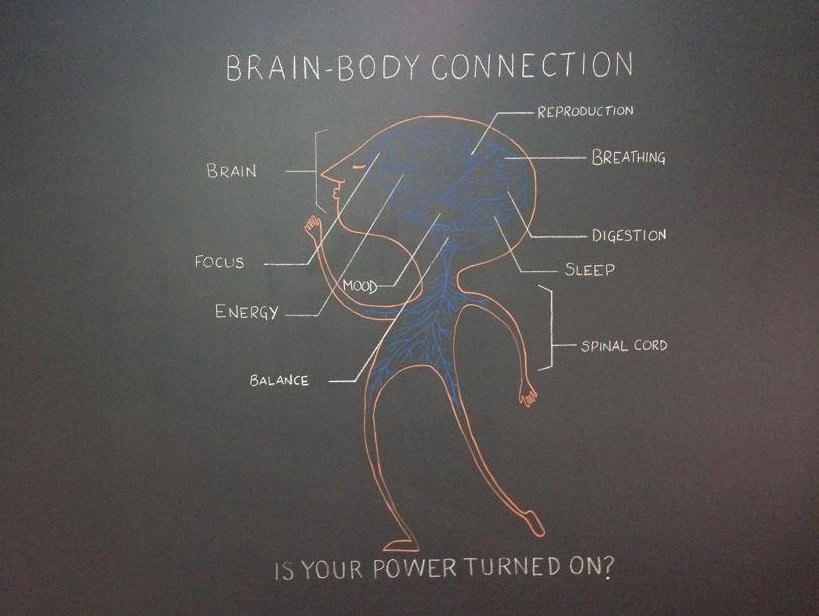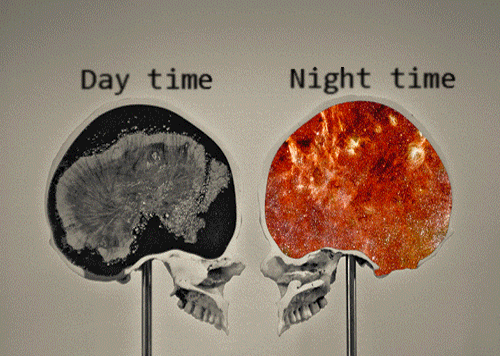
Aging is not just the number of years you’ve inhabited planet Earth, but rather the degree of wear and tear your body, brain, and vital organs are expressing at a given point in time. – Ronesh Sinha, MD
A spine with too much, too little, or improper movement directly affects the wiring and firing of nerves that come from your brain and travel down your spinal cord. Your brain and spinal cord act like the world’s most powerful computer chip which requires a proper information and power supply to work properly. Movement of the spine dictates how information is received in the brain through tiny little nerve ending’s called mechanoreceptors. The spine also houses critical nerves, arteries, and veins that carry food and waste in and out of the brain and spinal cord.
This is why – regardless of disease or symptoms – a healthy, properly moving, aligned spine is so essential to our health. By restoring motion to the spine (via the chiropractic adjustment), changes will begin to occur, such as: decrease in stress signals and stress hormones, decrease inflammation, and pain (if present) will subside. Most important of all, it results in a healthy body-brain neurological communication which is essential for overall health.
When it comes to your spine – the things we do on a daily basis are either moving us towards a healthy spine or away from health and towards a degenerating spine. Research shows that a joint (aka your spine) that has lost a degree of its normal movement will begin degenerating at a rate measurable within one week of onset. It’s important to realize that this degenerative process will continue, often painlessly, until significant degeneration has occurred. This is a big reason why you don’t need to be in pain to have chiropractic care in our office.
The following are the good and bad in keeping your spine as young as possible:
The Good
- Periodic chiropractic checkups – Regardless of symptoms, the research shows we are much healthier with a properly moving spine than without.
- Stretch regularly – Consider how inflexible most people are – how do you think they got that way? Muscles abide by the “use it or lose it” principle. Avoid this fate by isolating key muscle groups and giving them a good daily stretch (Patients in our office receive customized stretches based on their individual needs).
- Proper hydration – Your spine and its supportive structures work best when they’re hydrated. Most people will not drink enough water to replace their original fluid deficit, and this problem is exacerbated with age.
- Daily exercise – Ideally we should be spending a good portion of our days walking, standing and moving in general. If we don’t our bodies rebel and health declines. Do some form of exercise that significantly raises your heart rate for 30 minutes at least four times a week.
- Supportive sleep environment – Your bed and pillow should both help keep your body in natural alignment. Dated and flimsy mattresses stress your hips, pelvis, and back, which inevitably lead to chronic pain. Buy a quality pillow that keeps your head level, and use a good mattress that firmly (yet comfortably) prevents your spine from dipping or sagging while you sleep.
- Be mindful of your posture – This applies to whatever you’re doing, whether you’re at work, home, in the car, at the gym, or simply standing up. Good posture has benefits; poor posture has consequences.
- Proper nutrition – A nutrient-rich diet with a diversity of plants, healthy proteins and high quality, healthy fats actually feed and nourish your genes, slowing the degenerative process.
The Bad
- Poor general posture (slouching) – With proper postural awareness, you can save years of wear and tear on the spine, and maintain full function of the delicate nervous system.
- Sedentary lifestyle – A study done in over 2,000 identical twins who carry the same genetic material showed that the more active twins had longer, healthier telomeres than their genetically identical siblings. The most active twins had genes that appeared 9 years younger than their inactive siblings. Spend less time on your computer/phone and move daily.
- Stress – Chronic stress promotes inflammation and oxidative damage that is inflicted upon DNA, which increases disease risk and accelerates aging.
- Sleeping on your stomach – Having your head and neck turned to one side while sleeping can significantly strain the muscles and ligaments of the spine. Repeatedly doing so every night for years slowly adds pressure to the joints and nerves, contributing to spinal degeneration and allowing for the development of a variety of health problems.
- Neglecting your spine by not getting periodic chiropractic checkups – By restoring motion and removing nerve interference – you can begin to function how you were designed to.





